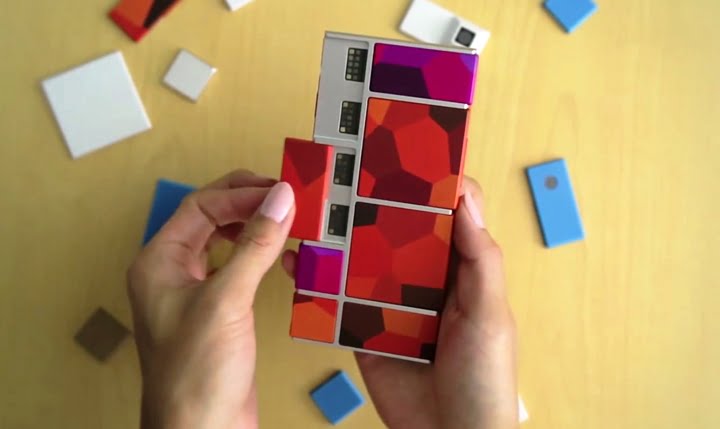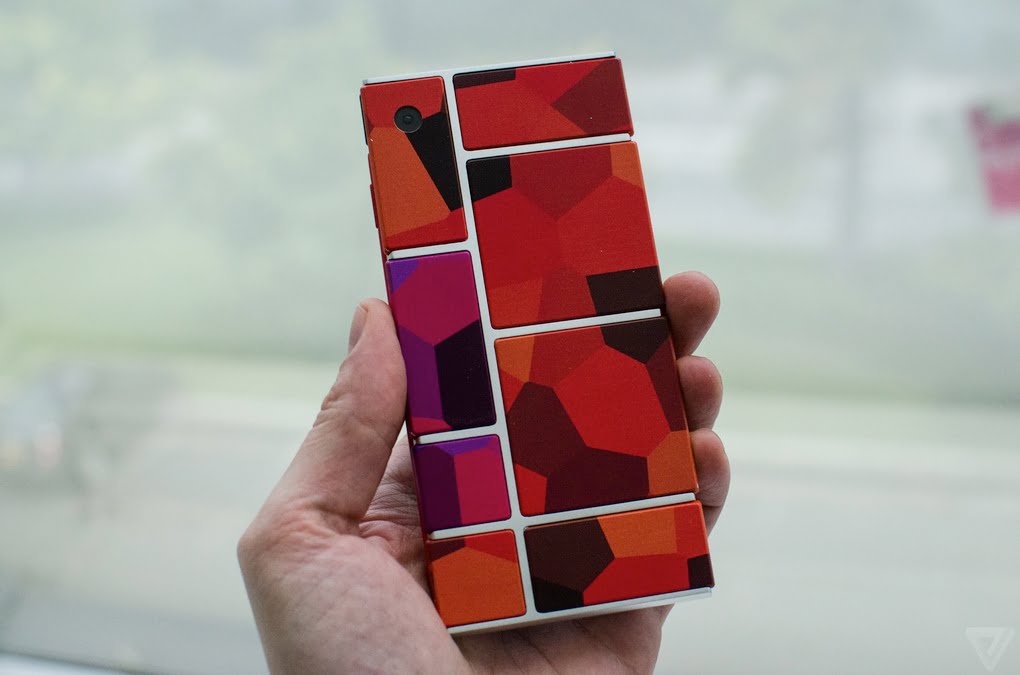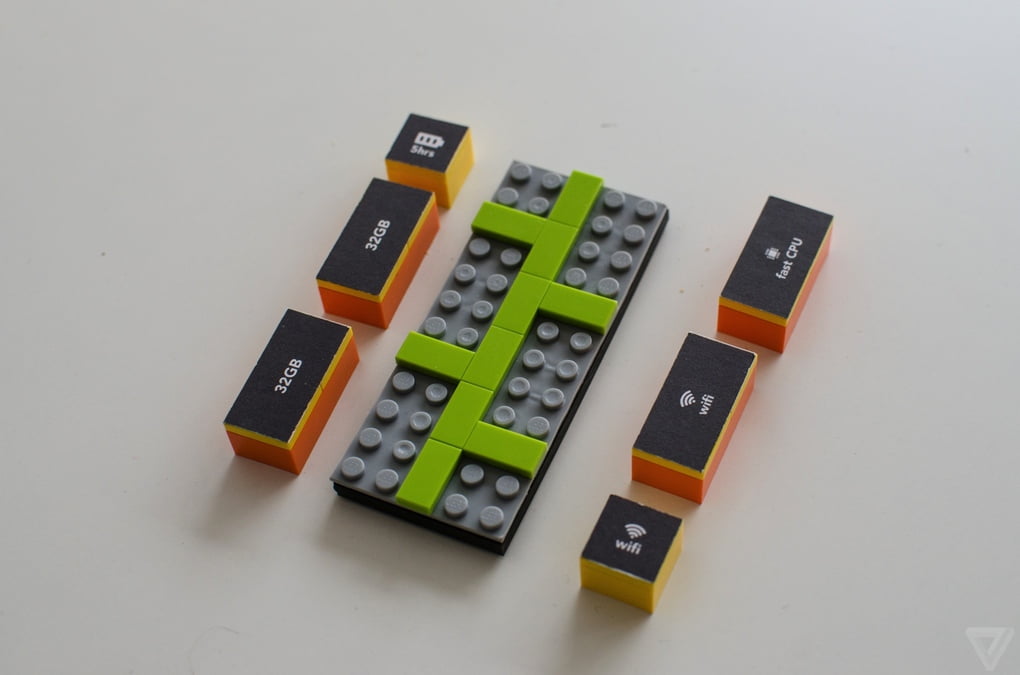The tech community has been buzzing with anticipation ahead of the release of Google’s hottest new venture: Project Ara, a smartphone with customizable hardware. Describing itself as the smartphone “designed exclusively for 6 billion people,” Project Ara is still in it’s early stages, but already has tech buffs the world over excited about the concept. What few know, however, is that Project Ara’s modular smartphone is based on failed Israeli technology.
In 2008, an Israeli startup called Modu developed the first modular smartphones that fit into electronic jackets to become cameras, fitness trackers, music players, etc. The company failed to gain traction in part because of its clunky design, and the limited availability of modules, resulting in the folding of the company soon after it launched. After Modu failed, Google bought its intellectual property patents and is now using this unique Israeli technology to create Project Ara – its very own version of a smartphone with customizable hardware.
Making smartphones personal, once and for all
The Ara smartphone, named after tech guru Ara Knaian, has a number of interchangeable segments called modules that snap into place, allowing users to customize their phone according to their personal needs. While the Project Ara team will design necessary components like screens and hard drives packed into small, medium and large frames, they are releasing the Module Development Kit to third part developers who are interested in actively creating their own unique modules for the project.
SEE ALSO: Mobile Is About To Get Emotional With Beyond Verbal’s ‘Moodies’ App
Users can buy modules including sensors (for example, blood sugar monitors), additional storage, more battery capacity, better speakers, and cameras that are snapped into place on the phone with electro-permanent magnets. Even things like pulse oximeter modules that test your blood oxygen levels and incense burners are on the table of options. The real beauty of this concept lies in the infinite possibilities for customization.
“The possibilities are endless,” says the man leading Project Ara Paul Eremenko, “For instance, you could buy a jumbo frame and only use half of the screen, the rest could be used as a keyboard. If on a long trip, you could drop a lot of other modules and replace them with battery modules so you don’t run out of power.”
Sign up for our free weekly newsletter
SubscribeWill the first personal smartphone also be cheaper?
The phone, which Google is planning to release next year, is expected to start at $50. But with so many options for add-ons and upgrades, the price tag can quickly jump a few levels. The company just announced that the final version of the Spiral 1 prototype has been completed, but still faces challenges with the final development stages.
SEE ALSO: StoreDot’s Technology Charges A Smartphone In 30 Seconds!
Project Ara is an amazing innovation, but it’s also extremely ambitious. Integrating modular hardware into smartphones has huge potential in the mobile market, but there’s still a lot of ground to cover before we see Ara phones in the hands of 6 billion people. While only time will tell how successful Project Ara will be, it is certain that this advance for the mobile sector wouldn’t be possible without the little Israeli innovation to back it up.
Photos: Dieter Bohn/ Modu
Related posts

Editors’ & Readers’ Choice: 10 Favorite NoCamels Articles

Forward Facing: What Does The Future Hold For Israeli High-Tech?

Impact Innovation: Israeli Startups That Could Shape Our Future








Facebook comments